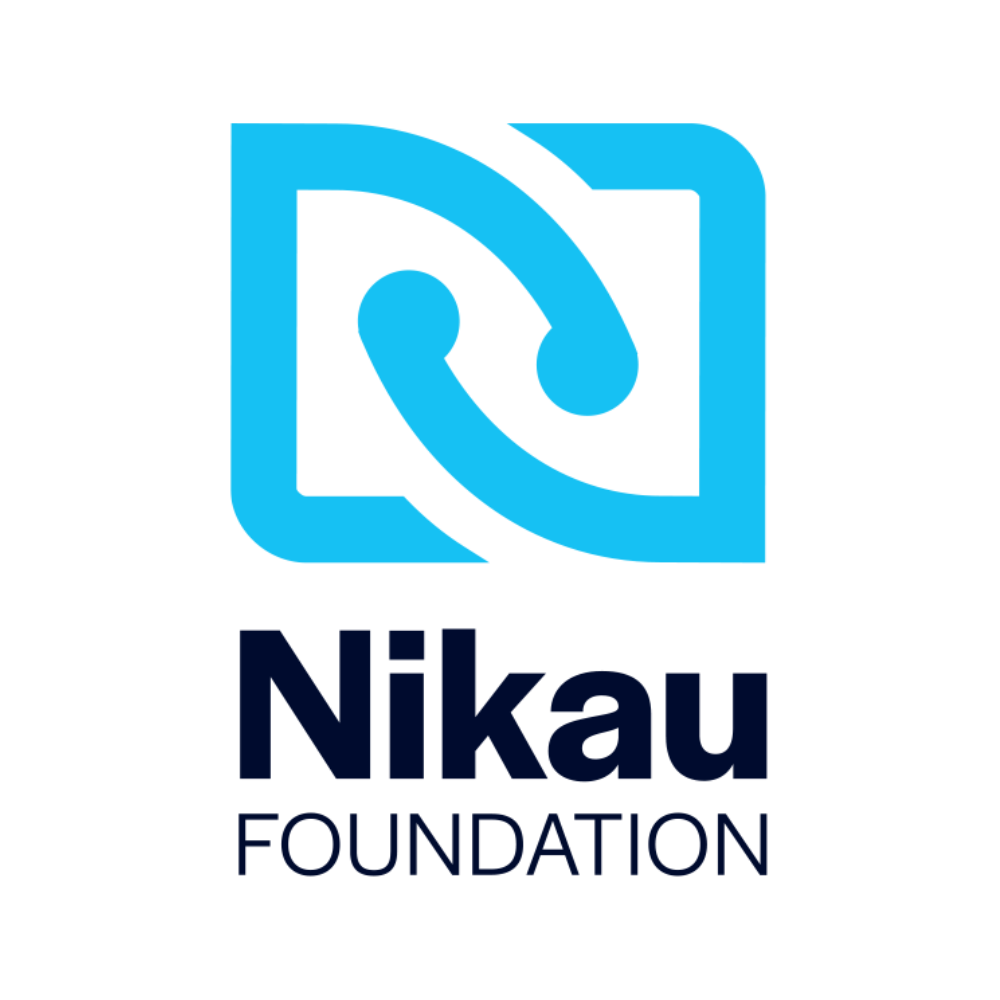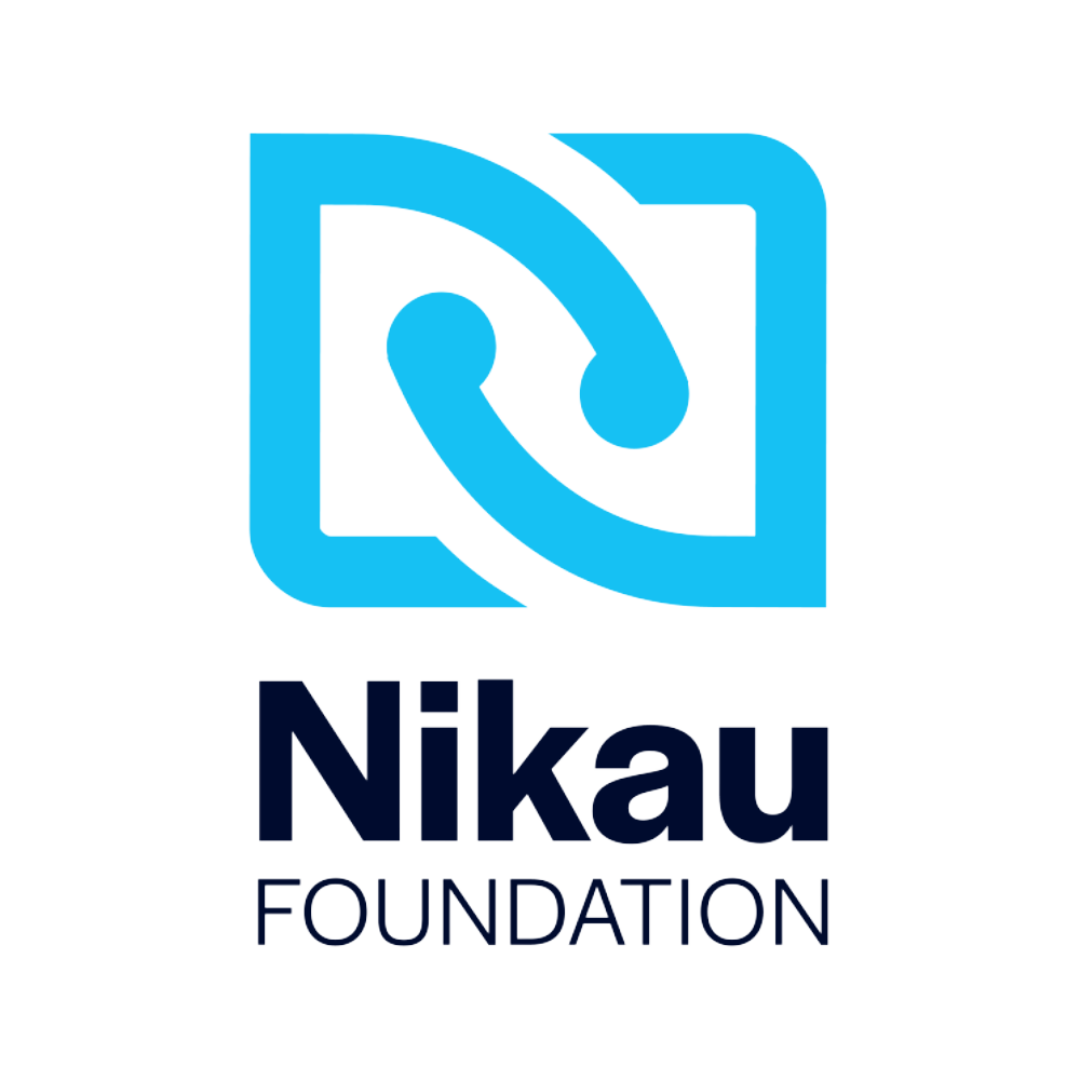Being a trustee in New Zealand in 2023 – the challenges, the opportunities and the next chapter.
Trustees across New Zealand are looking for more strategic ways to secure the future of their philanthropic trusts while honouring the original donor.
The Trusts Act 2019, which came into force on 30 January 2021, aimed to clarify trust laws, make trust law more accessible, trustees more accountable and trust activities more transparent.
However, increased obligations and responsibilities, paired with a tough economic climate, has meant trustees are now looking for ways to preserve their trust's mission and ensure the original gift continues to help those it was designed to help.
Over the past few years, many trustees have turned to their local community foundations as a practical solution to maintain the original intent of the trust while handing over the responsibility of compliance, governance and grant-making.
Honouring your Trust’s vision
New Zealanders are naturally generous and many of us have causes, people and places that are close to our hearts. Establishing a Charitable Trust is a great way to protect and hold assets for these causes, ensuring that they can continue to be supported.
Although there are generally no legal obligations to distribute, charitable trusts risk increased scrutiny if they sit on capital and accumulated income. However, identifying beneficiaries, and administering, paying and reporting on grant distributions can be challenging.
“Although giving out money seems easy, keeping up with compliance, due diligence and reporting is actually quite onerous,” says Lidgett Scholarships Trust trustee, Amanda Cox.
More recently, trustees are seeing the benefits of working with their local community foundation, such as Wellington’s Nikau Foundation. “We often find that trustees of charitable trusts don’t necessarily have the systems or connections to make grants, leaving many feeling that they are not being as impactful as they would like through their giving,” says Nikau Foundation Executive Director, Emma Lewis.
“Community Foundations are uniquely placed to connect donors, not only to the greatest needs within the community but the organisations who are making the biggest difference on their doorstep.”
In one such case, after the sale of Sprott House, a Wellington-based aged-care facility, the Edith Sprott Trust wanted to ensure that a portion of the proceeds would be managed effectively and give back to the causes for which the trust was established. Ultimately, they wanted assurance that Edith Sprott’s name would continue to effect real change in our communities, as it has in Wellington since 1898.
Nikau Foundation’s Edith Sprott Fund, which is dedicated to supporting older people and people with dementia, distributed its first grants throughout the Greater Wellington region in 2023 to the Chelsea Day Care Trust, Te Hopai Trust Board, Presbyterian Support Central, Kāpiti Retirement Trust, Home4all and St John of God Hauora Trust.
“There is a real risk that the name and story of the original philanthropist becomes lost as time goes on,” says Emma, “It is Nikau’s role, as guardian of the funds, to ensure that the story behind every dollar we give out is told for generations to come.”
Edith Sprott, wife of the Bishop of Wellington. Original photographic prints and postcards from file print collection, Box 3. Ref: PAColl-5671-51. Alexander Turnbull Library, Wellington, New Zealand. /records/22742211
Ensuring a sustainable Trust model
“We understand the huge responsibility placed on trustees to preserve the original gift and intent of the trust. But we live in changing and challenging times - no-one is immune to these, including trusts, and many are finding it increasingly difficult to operate within these financial constraints,” says Emma.
For the Lidgett Scholarships Trust, finding funds for grants while also meeting their ongoing running costs was an ongoing matter which the trustees were trying to reconcile. “It was becoming untenable. We got to the stage where costs outweighed anything we were able to give out as scholarships,” says Amanda.
The trust was transferred to Nikau Foundation and the Lidgett Scholarships Fund was established in 2023. “Setting up the fund meant that we could benefit from economies of scale and continue to award scholarships to Hutt Valley High School students year-on-year.”
Nikau Foundation’s grant distribution policy, that takes a long-term approach, means that the Lidgett Scholarships Fund can ride out the highs and lows of the market and continue to grant around 3.5% of the fund balance in most years.
Left: Audrey Lidgett. Right: Betty Lidgett (Hutt Valley High School archives - 1983).
Futureproofing community impact
Along with heightened financial accountability, the sustainability of charitable trusts is also threatened by issues with succession.
“Many trustees give their time voluntarily because they had a relationship with the original donor or believe in the mission of the trust. However, the matter of succession is increasingly becoming a focus for trustees. With so many people time-poor these days, handing over responsibilities while knowing the future is secure is becoming more critical,” says Emma.
“These factors make enduring trusteeship, such as that offered by the volunteer boards of New Zealand’s community foundations ever-more attractive.”
The Kāpiti Welcome Trust, which was established in 1986 to provide for the wellbeing of people with disabilities through quality, well-maintained accommodation, was transferred to Nikau Foundation in 2020.
Trustee Rod Lingard said, “We made the decision to transfer the Trust to ensure we can keep delivering on our founding vision. It gives us confidence that, even in 50 year’s time, our funds will be well cared for and our communities will continue to be supported.”
“Community foundations are well-established overseas and are now a trusted national movement – we are a guardian, a safe pair of hands, which will ensure these wonderful acts of generosity are managed, grown and celebrated now, and in the future,” says Emma.
The obligation to distribute is dependent on the provisions outlined in the Trust Deed.
How to give
There is no ‘one size fits all’ when it comes to giving through Nikau Foundation. While some choose to establish an individual fund based on their interests, others choose to give as a family, leave a gift in their will or give monthly online. However you wish to give, we’re here to make sure the causes you care about are supported today, tomorrow and long into the future.






